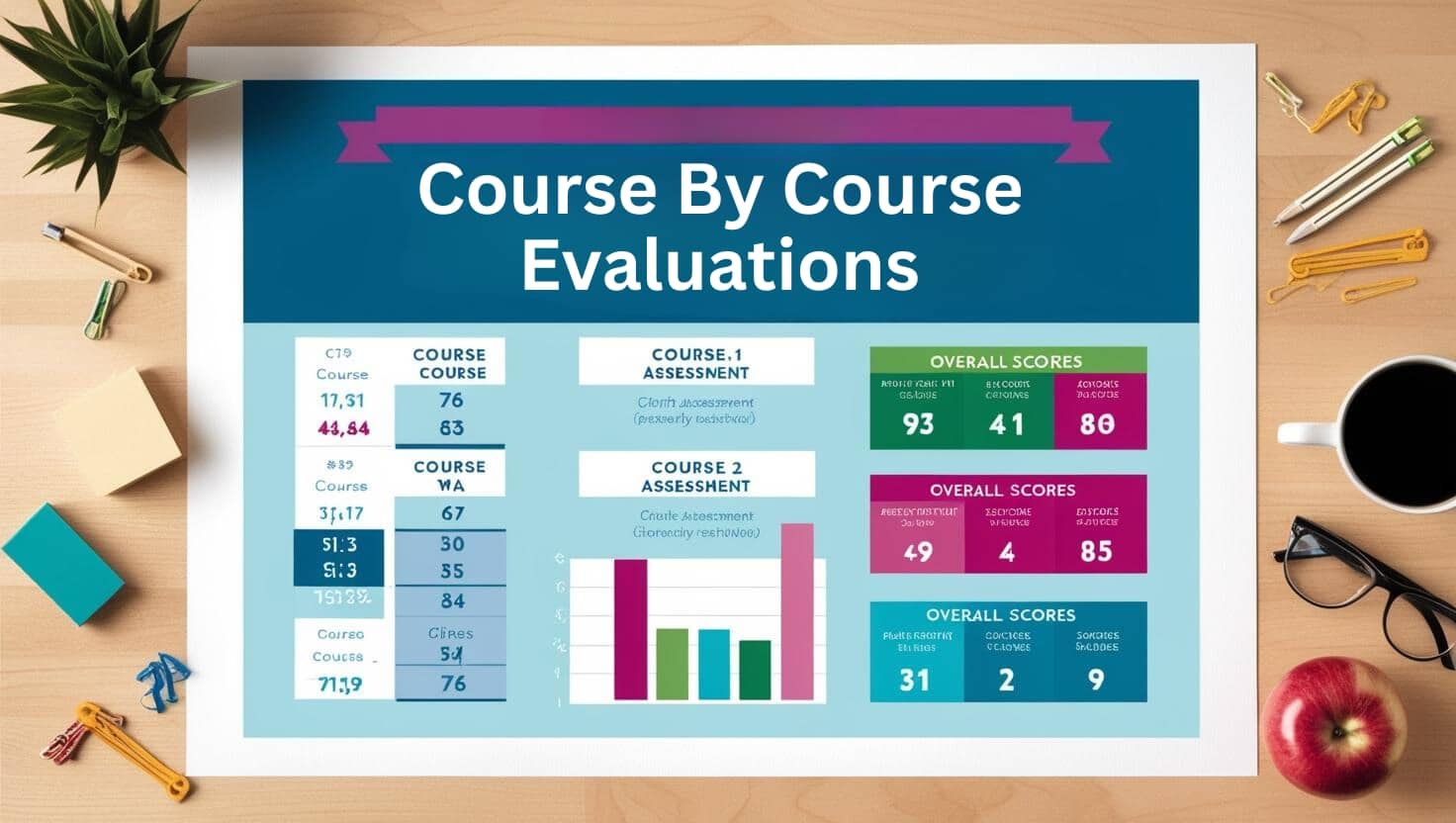Introduction
In today's globalized world, the movement of individuals throughout borders for education and employment has actually ended up being progressively common. However, this mobility often brings with it the challenge of guaranteeing that academic credentials are recognized and valued across different countries. Academic credential evaluation acts as an essential tool in bridging these gaps, allowing individuals to pursue chances abroad while offering organizations with a dependable means to assess foreign qualifications. This short article delves deep into the significance of academic credential examination, checking out different aspects such as global credential evaluation services, course-by-course credential examinations, work experience examinations, expert opinion letters, and service strategy evaluations.
Academic Credential Examination: Comprehending Its Importance
The essence of scholastic credential examination lies in its ability to translate instructional qualifications from one nation into terms that are reasonable and appropriate in another. This process is crucial for numerous reasons:

Types of Academic Credential Evaluations
There are numerous kinds of academic credential examinations customized to particular requirements:
International Credential Examination Services
These services concentrate on reviewing scholastic files from various countries. They offer detailed reports detailing how foreign degrees compare to local qualifications.
Course-By-Course Credential Evaluation
This type breaks down an individual's coursework into particular subjects studied and grades got, enabling a detailed contrast with regional standards.
Work Experience Evaluation
For those getting in the labor force without formal qualifications, work experience evaluations assess appropriate rfe response eb1a professional experience against developed benchmarks.
Expert Opinion Letter
An expert opinion letter can be critical when navigating complicated migration procedures or job applications. It provides an expert assessment of a person's credentials and experiences.
Business Plan Evaluation
For business owners looking for funding or collaboration opportunities abroad, examining a business strategy makes sure that it fulfills local requirements and expectations.
The Process of Academic Credential Evaluation
Understanding how scholastic credential examination works is vital for anybody wanting to navigate this complex landscape.
Step 1: Collecting Documents
The initial step includes gathering all pertinent scholastic documents such as diplomas, transcripts, and certificates. These need to usually be in their initial language.
Step 2: Choosing an Assessment Service
Choosing a certified assessment service is vital. Try to find organizations acknowledged by professional bodies or universities within your destination country.
Step 3: Submitting Documents
Once an evaluation service is selected, applicants send their files along with any required types and fees.
Step 4: Review Process
The assessment service examines the submitted materials versus established criteria. This may include confirming the credibility of documents directly with releasing institutions.
Step 5: Getting Results
After comprehensive analysis, evaluators provide a report detailing equivalencies between foreign certifications and regional standards. This report can then be used for job applications or additional studies.
Why Select Professional Evaluation Services?
Many might wonder why it's required to opt for professional evaluation services instead of self-assessment. Here are crucial reasons:

Common Misconceptions About Academic Credential Evaluations
Despite its importance, there are numerous misconceptions surrounding scholastic credential assessments:
Misconception 1: Assessments Are Just for Immigrants
While lots of immigrants look for evaluations for residency or work licenses, domestic trainees likewise gain from these evaluations when transferring schools or applying for scholarships.
Misconception 2: All Examinations Are the Same
Different functions need different kinds of evaluations; what works for one circumstance might not suffice in another context (e.g., immigration vs. employment).
Misconception 3: Evaluations Are Not Essential If Degrees Are From Well-Known Institutions
Even degrees from prominent universities may need evaluation if they originate from various countries due to variations in grading systems and curricula.
Navigating Difficulties in Academic Credential Evaluation
While pursuing an academic credential evaluation can seem simple, various difficulties may arise throughout the process:
Language Barriers
Non-English documents require accurate translation-- a job best left to certified translators knowledgeable about technical terms associated to education.
Cultural Distinctions in Education Systems
Understanding how various nations structure their education systems helps critics make reasonable comparisons however can posture difficulties if strangeness exists on either side.
Document Authenticity Issues
Institutions in some cases face trouble validating documents straight due to administrative obstacles or lack of cooperation from foreign entities.
Conclusion
Academic credential examination plays an essential function in assisting in international movement for trainees and expert opinion letter for h1b rfe professionals alike. By bridging gaps in between nations' education systems through in-depth assessments-- whether via global services or specialized assessments-- people get not just to college but likewise boosted task potential customers globally. In doing so, we produce paths that empower people while promoting cross-cultural understanding within our interconnected world.
FAQs
What is scholastic credential evaluation?
Academic credential examination is a procedure through which academic certifications obtained in one country are assessed against standards in another country to identify equivalency.
Why do I require my qualifications evaluated?
You may require your credentials evaluated if you're preparing to study abroad, make an application for jobs globally, or immigrate; this ensures your qualifications are understood by organizations or employers in a new country.
What types of assessments exist?
There are various types including worldwide credential assessments, course-by-course examinations, work experience assessments, professional opinion letters, and service plan examinations tailored to specific needs.
How long does the examination procedure take?
The timeline differs depending on the intricacy of your case and the company's workload; nevertheless, the majority of examinations take anywhere from 2 weeks to a number of months.
Can I examine work experience rather of official education?
Yes! Work experience assessments evaluate relevant expert experiences versus developed benchmarks when official education isn't readily available or applicable.
li13/ol3/##
By understanding these elements regarding Academic Credential Evaluation, you're much better equipped not just personally but also professionally as you embark on new journeys across borders!